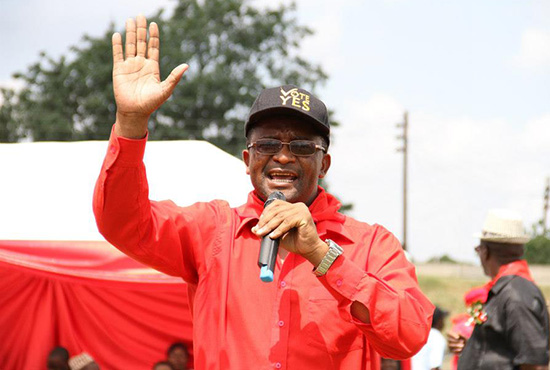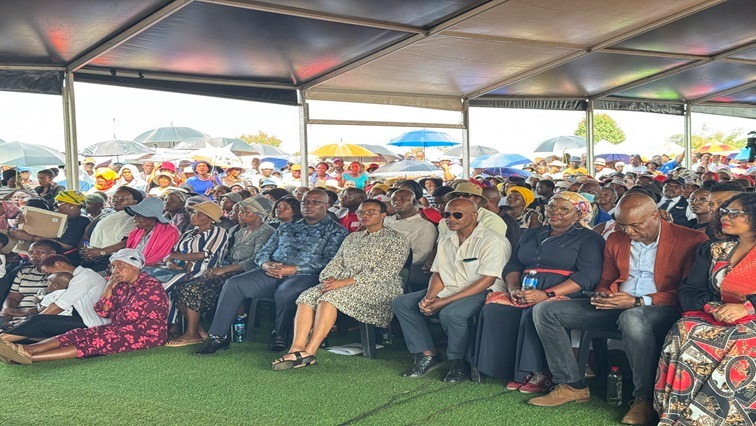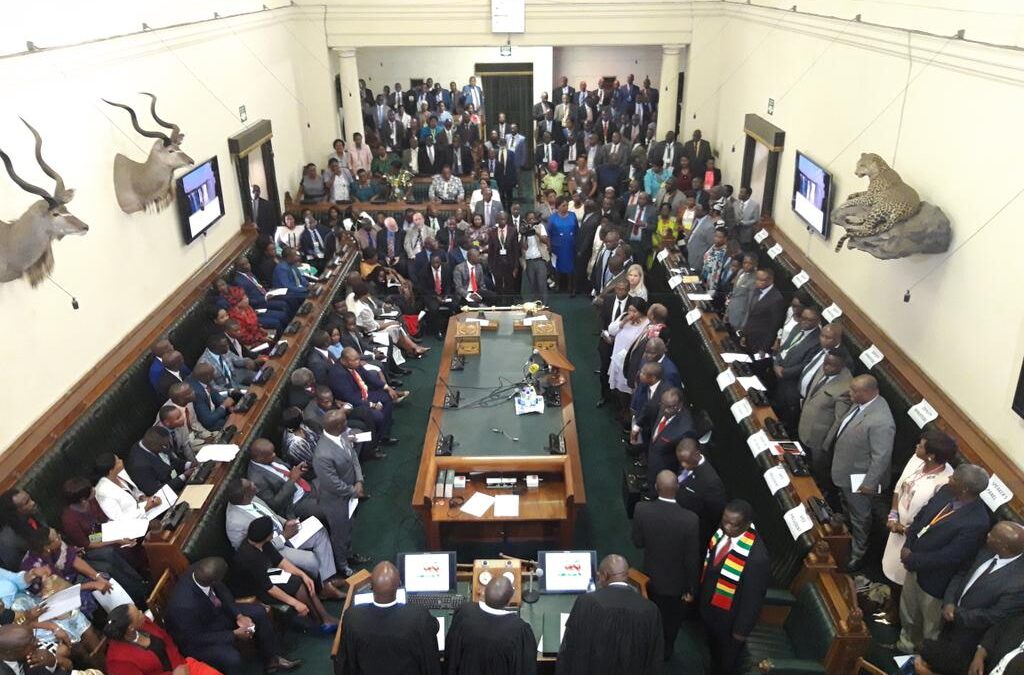Annah Raviro
In the tapestry of human existence, a dark thread of violence against individuals based on their gender persists, marring our collective progress towards a just and equitable society. Gender-based violence, a pervasive and insidious form of human rights abuse, manifests in myriad forms, casting a shadow over the lives of women, girls, men, and boys worldwide.
In Zimbabwe, about 1 in 3 women aged 15 to 49 have experienced physical violence and about 1 in 4 women have experienced sexual violence since the age of 15 as according to UNFPA Zimbabwe statistics over collected data.
“Lifetime Physical and/or Sexual Intimate Partner Violence :44 % (1)
Physical and/or Sexual Intimate Partner Violence in the last 12 months : 19 % (2)
Lifetime Non-Partner Sexual Violence : Official National Statistics Not Available
Child Marriage :33.7,”
reports submitted by UN Human Rights Bodies.
At the heart of this scourge lies a fundamental imbalance of power, rooted in harmful gender stereotypes and patriarchal structures that perpetuate discrimination and inequality. This imbalance fuels a cycle of violence, silencing voices, shattering dreams, and eroding the very foundations of human dignity.
The stark statistics paint a grim picture, one in three women worldwide has experienced physical or sexual violence, and one in five girls under 15 have experienced sexual violence. These figures, while staggering, represent only a fraction of the untold stories of suffering and resilience that lie hidden from view.
The consequences of gender-based violence extend far beyond the immediate physical and emotional trauma. It impedes economic growth, undermines social stability, and stifles the potential of individuals and communities. It is a societal wound that demands urgent attention and collective action.
Addressing gender-based violence requires a multifaceted approach that encompasses prevention, protection, and prosecution. We must dismantle the harmful norms and attitudes that fuel violence, empower individuals and communities to speak out and seek support, and strengthen legal and institutional frameworks to hold perpetrators accountable.
Prevention starts with education, challenging harmful gender stereotypes from an early age and fostering a culture of respect and equality. We must empower individuals, especially men, to become agents of change, challenging harmful norms and promoting gender-equitable behaviors.
Protection measures must be comprehensive and accessible, providing safe havens for survivors, offering counseling and support services, and ensuring access to justice. We must create a society where victims feel safe to come forward, knowing they will be met with empathy, support, and effective protection.
Prosecution must be swift, impartial, and effective, sending a clear message that gender-based violence will not be tolerated. We must strengthen legal frameworks, enhance law enforcement capacity, and ensure that perpetrators are held accountable for their actions.
The eradication of gender-based violence is not a distant aspiration but an urgent call to action. It demands the collective commitment of governments, civil society, communities, and individuals to dismantle the structures that perpetuate violence and build a world where every individual, regardless of gender, can live free from fear and harm.
Together, we can break the cycle of gender-based violence, creating a world where equality, respect, and safety are not mere ideals but lived realities for all. Let us join hands, raise our voices, and embark on this transformative journey towards a world free from gender-based violence.





0 Comments